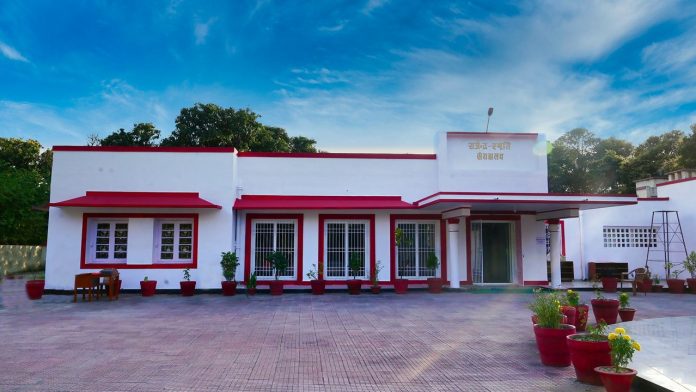Patna: The recent Congress Working Committee (CWC) meeting at Patna’s Sadaqat Ashram has sparked anger among Muslims, who accuse the party of erasing their contributions to India’s freedom movement. The ashram, established in 1921 during the Non-Cooperation Movement, was built on land donated by Khairan Mian at the urging of Maulana Mazharul Haq, a leading Muslim nationalist who sacrificed his wealth and property for independence.
Ahead of the CWC meet, the ashram’s main gate was whitewashed, concealing its name. Inside, no banners or boards featured Urdu, despite it being Bihar’s second official language since 1980. Portraits of Gandhi, Nehru, Rajendra Prasad, Ambedkar, and others were displayed, but Mazharul Haq and Maulana Abul Kalam Azad were missing. Community leaders called this deliberate erasure of Muslim identity.
“Congress used our land but refused to acknowledge our leaders,” said Abdul Rahman from Phulwari Sharif. Historians and academics echoed these concerns, warning that sidelining Muslim leaders reflects a wider trend of exclusion in Indian political culture.
For Muslims, the omission cuts deep. Leaders like Mazharul Haq and Azad were central to the national movement. Yet today, their legacy is absent from Congress’s narrative. Activists argue that such neglect alienates Muslims, who form 17 percent of Bihar’s population, and risks damaging the party’s credibility as a secular force.
The controversy has raised serious questions about Congress’s commitment to inclusive history. For many in Patna, the meeting was not a tribute to heritage but a humiliation of Muslim sacrifice.




